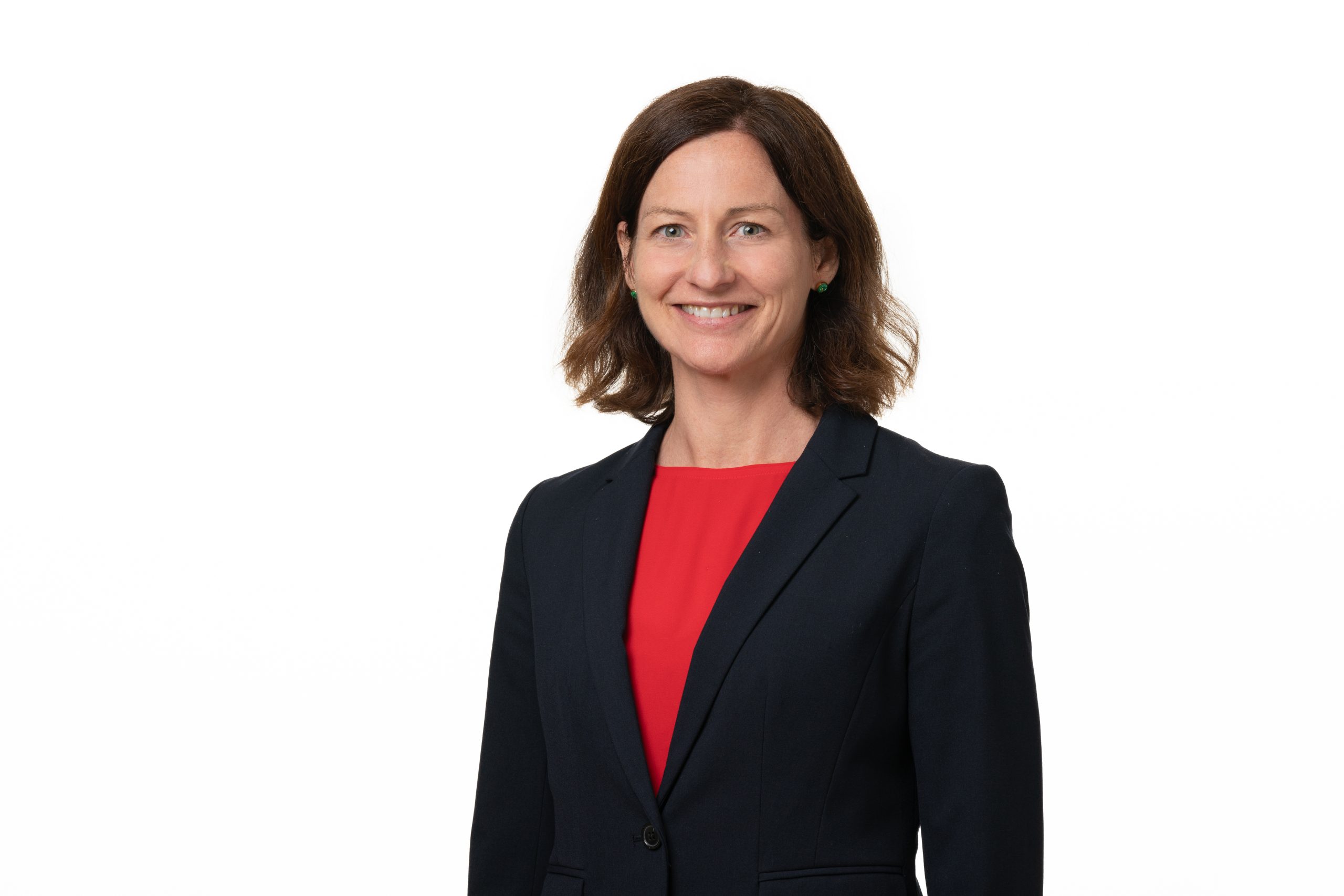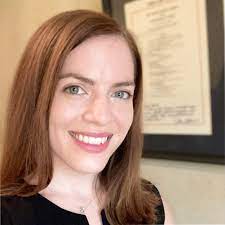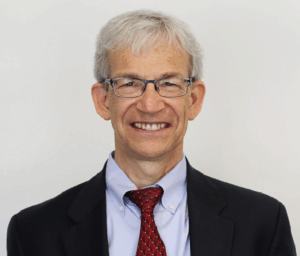Spotlight Exclusives
Find the latest stories, research, and insights on policies, programs, and ideas shaping the national conversation on poverty and economic mobility.
Type
State
Issue
States Can Lead The Charge To Reduce Benefits Cliffs
Angela Rachidi of the American Enterprise Institute discusses ways that states can help reduce benefits cliffs without expanding benefit eligibility.

SNAP Faces The 'Worst of All Worlds'
As SNAP recipients face the impacts of funding cuts and new work requirement guidelines passed by Congress and supported by the Trump administration, an added worry is outdated EBT card technology that is fueling benefit theft. The Agriculture Department was...

Tearing Down Housing Projects But Building Up Kids
Enhanced social connections—the simple act of meeting other kids from other, more prosperous neighborhoods—may be central to providing the hope of upward mobility for children living in low-income areas, a new study finds. The latest work from Harvard University economist...

Helping Transitioning Veterans Use Their Unique Skills in The Workplace
As military veterans look to transition into the civilian workforce, they need earlier intervention and assistance, more attention to food insecurity and firms that value the skills and attitudes they have developed during years of service. Those were just some...

One in Four U.S. Undergrads Experience Food Insecurity, Study Finds
Food insecurity is a pressing issues across all demographic groups but college students are often overlooked when it comes to the impact of hunger and lack of proper nutrition. A new national study from Katharine Broton, Associate Professor of Higher...

Opening Doors to Child Care Through Seamless Integration With The Education System
High-quality, affordable child care is critical infrastructure that enables economic growth and strengthens education. State governments and employers increasingly recognize child care as an essential investment for workforce participation, talent retention, and long-term economic competitiveness. A new paper from Fedcap’s...

How a Work-Based Policy Package Can Reduce U.S. Poverty
The Urban Institute recently published a microsimulation analysis of a work-focused anti-poverty package developed by David Riemer and the Community Advocates Public Policy Advocates Institute in Milwaukee that showed dramatic reductions in the U.S. poverty rate. Riemer, a senior fellow...

Health Care Under Threat for Thousands of 9/11 Survivors in North Carolina

Top Poverty and Opportunity Stories of 2025

For Seniors, The Cost of Poverty is Nine Years of Life, Study Finds

Subscribe to our newsletter for daily insights
Spotlight on Poverty and Opportunity leads research and consulting initiatives that identify and address barriers to economic well-being.
